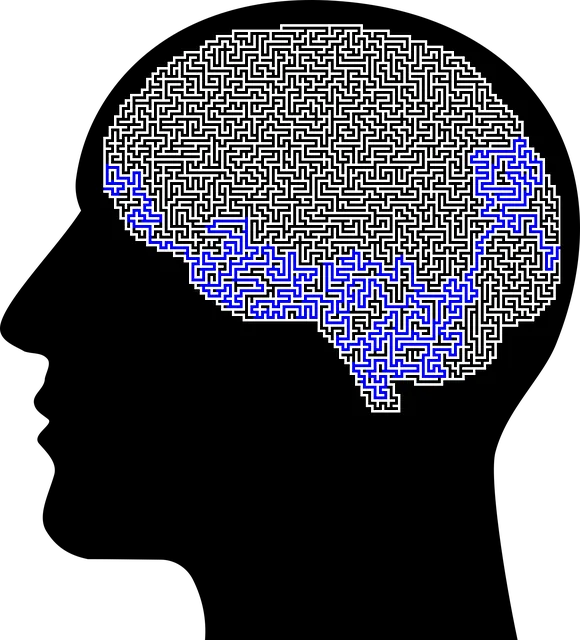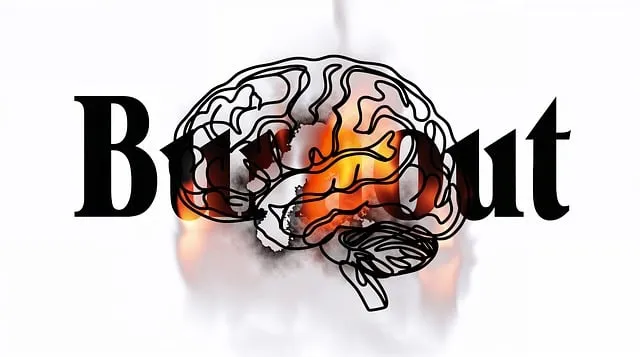Stress management involves recognizing personal triggers from work pressures to life changes, understanding its impact on mental and physical well-being, and adopting healthy lifestyle changes like exercise, diet, and sleep. Mindfulness techniques help stay present and manage anxiety, while professional support from centers like Longmont Kaiser Permanente offers therapy, counseling, and public awareness campaigns to destigmatize mental health issues, providing tools for effective stress reduction and overall well-being.
Stress reduction is an essential aspect of maintaining a healthy mind and well-being. In today’s fast-paced world, understanding and managing stress effectively has become more critical than ever. This article guides you through various methods to combat stress, offering insights on identifying triggers and their impact. We explore lifestyle changes like exercise, diet, and sleep habits, along with mindfulness techniques to enhance mental clarity. Additionally, we discuss the role of professional support from therapy and counseling to long-term stress management, including reviews of the Longmont Kaiser Permanente mental health center.
- Understanding Stress: Identifying Triggers and Effects
- Lifestyle Changes for a Calmer Mind: Exercise, Diet, and Sleep
- Mindfulness Techniques to Stay Present and Reduce Anxiety
- Professional Support: Therapy, Counseling, and Kaiser Permanente's Role
Understanding Stress: Identifying Triggers and Effects

Stress is a complex psychological and physiological response that can stem from various sources. Recognizing and understanding triggers is a pivotal step in managing it effectively. Common stressors include work pressures, financial concerns, interpersonal conflicts, or even major life changes. The Longmont Kaiser Permanente mental health center reviews highlight the importance of identifying personal stress triggers, as this awareness allows for tailored coping strategies.
Identifying the effects of stress on both mental and physical well-being is equally crucial. Prolonged stress can lead to depression prevention challenges, impact sleep patterns, and contribute to a range of health issues. Trauma support services often emphasize the need to address these effects through conflict resolution techniques or other therapeutic interventions. By understanding one’s unique stress landscape, individuals can better navigate their mental health journeys and seek appropriate support from facilities like Longmont Kaiser Permanente.
Lifestyle Changes for a Calmer Mind: Exercise, Diet, and Sleep

Making lifestyle changes can significantly contribute to a calmer mind and improved mental well-being, as supported by the expertise at the Longmont Kaiser Permanente mental health center reviews. Regular exercise, for instance, not only strengthens your body but also boosts the release of endorphins, often referred to as ‘feel-good’ hormones, which can reduce stress and enhance mood. Incorporating 30 minutes of physical activity into your daily routine, whether it’s a brisk walk, yoga, or swimming, can be transformative for mental health.
Diet plays another crucial role in managing stress. A balanced diet rich in fruits, vegetables, whole grains, and lean proteins provides essential nutrients that support brain health. Additionally, certain foods contain compounds known to reduce inflammation and promote relaxation. Conversely, limiting caffeine and sugar intake can help stabilize energy levels and curb mood swings. When combined with adequate sleep—aim for 7-9 hours nightly—these lifestyle changes form a robust foundation for mental resilience, as emphasized in Mental Health Education Programs Design and Self-Care Routine Development for Better Mental Health initiatives.
Mindfulness Techniques to Stay Present and Reduce Anxiety

Mindfulness techniques have emerged as powerful tools to stay present and reduce anxiety, often recommended by mental health professionals like those at Longmont Kaiser Permanente. These practices involve focusing on the current moment without judgment, cultivating awareness of one’s thoughts, feelings, and bodily sensations. By engaging in mindfulness meditation or deep breathing exercises, individuals can learn to observe their emotions rather than reacting impulsively, thereby fostering emotional healing processes and enhancing overall emotional well-being promotion techniques.
Incorporating mindfulness into daily routines can be transformative, helping to alleviate the mental strain often associated with modern life. This is particularly significant in light of the Mental Health Policy Analysis and Advocacy efforts aimed at improving access to effective mental health services. By mastering these techniques, individuals not only reduce anxiety but also build resilience, enabling them to better navigate life’s challenges.
Professional Support: Therapy, Counseling, and Kaiser Permanente's Role

Professional support plays a pivotal role in stress reduction, and Longmont Kaiser Permanente stands as a beacon for mental health services. Therapy and counseling are evidence-based practices that have proven effective in managing stress and promoting well-being. These therapeutic interventions provide individuals with coping skills development, helping them navigate life’s challenges with greater resilience. Through one-on-one sessions or group therapy, patients can explore the root causes of their stress, learn healthy coping mechanisms, and gain valuable insights into their emotional states.
Kaiser Permanente’s comprehensive approach to mental health care extends beyond individual therapy. They actively contribute to public awareness campaigns focused on destigmatizing mental health issues, fostering open dialogue, and encouraging people to seek help when needed. Moreover, Longmont Kaiser Permanente’s dedicated professionals empower individuals to develop inner strength by teaching mindfulness techniques, stress management strategies, and emotional regulation skills. By integrating these practices into daily routines, patients can enhance their overall well-being and build a more robust foundation for coping with life’s stresses.
Stress reduction is a multifaceted journey, and with the right tools, anyone can navigate it successfully. By understanding stress triggers and their effects, adopting healthier lifestyle habits, practicing mindfulness, and knowing when to seek professional support—like that offered at Longmont Kaiser Permanente mental health center, as seen in reviews—individuals can lead calmer, more fulfilling lives. Remember, managing stress is an ongoing process, but with dedication, it’s possible to achieve lasting well-being.





